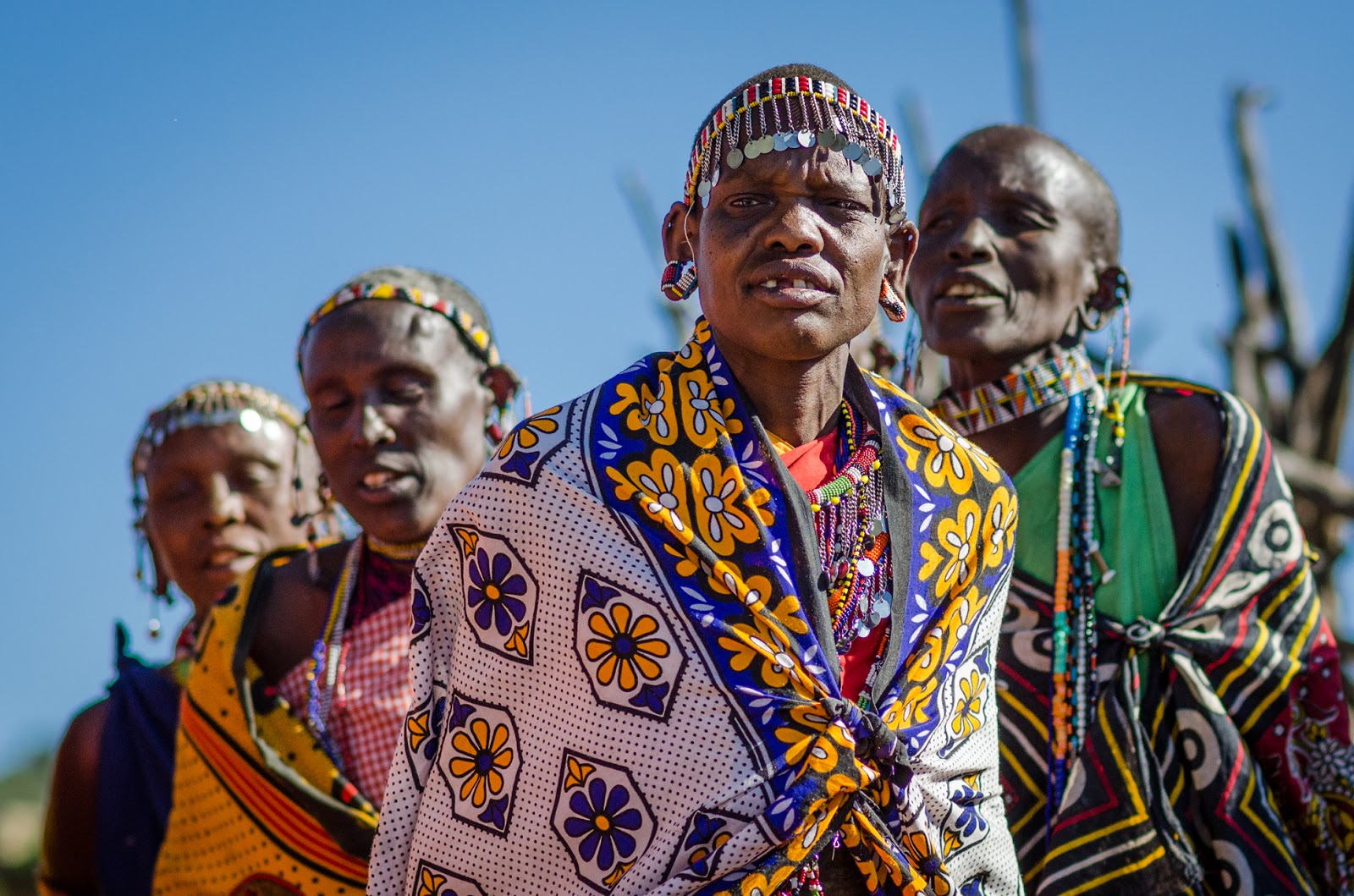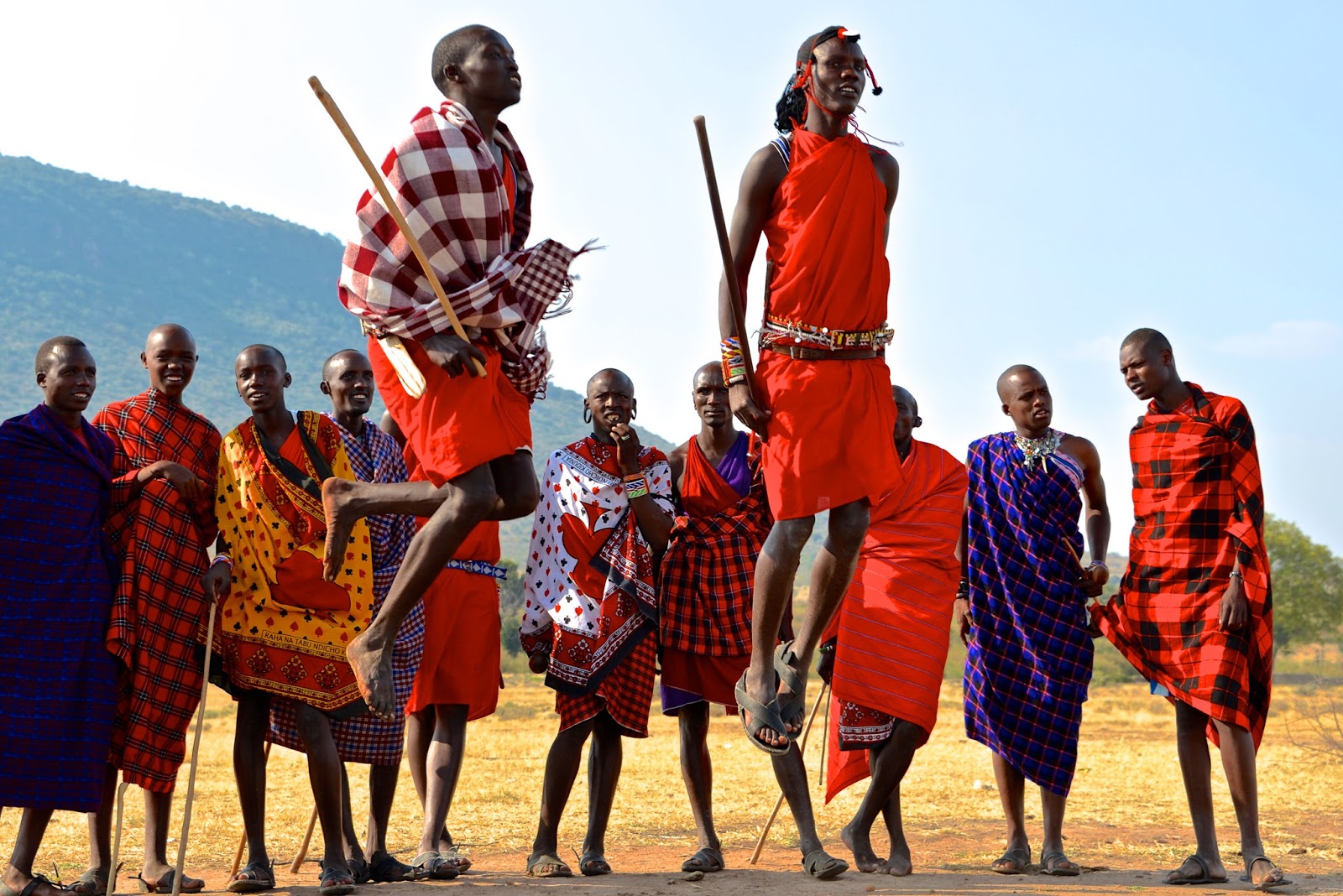Exploring The Rich Cultural Tapestry Of Tribes In Kenya
Kenya is a land of diverse cultures, rich traditions, and unique tribes that contribute to its vibrant identity. The African nation is home to over 40 distinct tribes, each with its own language, customs, and way of life. From the pastoralists of the Maasai to the agricultural communities of the Kikuyu, the tribes of Kenya offer an intricate mosaic of heritage that captivates both locals and visitors alike. Understanding these tribes is essential for appreciating the country’s history and cultural fabric.
The tribes in Kenya have played a significant role in shaping the nation’s socio-economic landscape. They have influenced everything from art and music to local governance and community values. In this exploration, we will delve into the fascinating world of Kenyan tribes, their customs, and their contributions to national identity. With a focus on both historical and contemporary perspectives, this article aims to shed light on the enduring legacy of these tribes and the role they play in modern Kenya.
As we navigate through this cultural journey, we will answer common questions about tribes in Kenya, their significance, and the challenges they face in the ever-evolving landscape of contemporary society. Whether you are a curious traveler seeking to learn more about Kenya or a local wanting to reconnect with your roots, understanding the tribes of Kenya is an enriching experience that offers profound insights into the heart of this beautiful nation.
What Are the Major Tribes in Kenya?
Kenya's diverse tribes can be categorized into several major ethnic groups, each with its unique traditions, languages, and lifestyles. The most prominent tribes include:
- Maasai: Renowned for their warrior culture and colorful attire, the Maasai are semi-nomadic pastoralists primarily found in the southern region of Kenya.
- Kikuyu: As the largest ethnic group in Kenya, the Kikuyu are primarily agriculturalists and play a significant role in the country's economy.
- Luo: Known for their rich fishing traditions and vibrant music, the Luo tribe resides around Lake Victoria.
- Somali: The Somali community is mainly located in northeastern Kenya and has a rich history of trade and pastoralism.
- Oromo: This group is known for their strong cultural practices and agricultural activities.
How Do Tribes in Kenya Maintain Their Cultural Heritage?
Cultural preservation among tribes in Kenya is a multifaceted endeavor that involves:
- Oral Traditions: Many tribes pass down their history, stories, and moral lessons through oral traditions, ensuring that knowledge is shared across generations.
- Rituals and Ceremonies: Traditional rites of passage, such as circumcision and marriage ceremonies, play a crucial role in maintaining cultural identity.
- Art and Craftsmanship: Many tribes practice traditional crafts, including beadwork, pottery, and weaving, which are integral to their cultural expression.
- Language Preservation: Efforts are being made to teach and promote indigenous languages, ensuring that future generations remain connected to their roots.
What Challenges Do Tribes Face in Modern Kenya?
Despite their rich heritage, tribes in Kenya face numerous challenges, including:
- Urbanization: The rapid growth of cities has led to the dilution of cultural practices as younger generations migrate for better opportunities.
- Climate Change: Many tribes, especially pastoralists, are affected by changing weather patterns, impacting their traditional livelihoods.
- Political Marginalization: Certain tribes often find themselves politically underrepresented, which can hinder their access to resources and opportunities.
- Globalization: The influence of global culture can overshadow traditional practices, leading to a loss of identity.
How Do Tribes in Kenya Influence National Identity?
The tribes of Kenya significantly contribute to the nation’s identity by:
- Language Diversity: With over 60 languages spoken, the linguistic variety is a testament to Kenya's rich cultural heritage.
- Festivals and Events: Traditional festivals, such as the Maasai Mara Cultural Festival, showcase tribal cultures and promote unity.
- Art and Music: Traditional music and dance are vital forms of self-expression, often performed during ceremonies and celebrations.
- Tourism: Tribal cultures attract tourists, contributing to the economy while also fostering cultural exchange.
What Role Do Kenyan Tribes Play in Agriculture and Economy?
Many tribes in Kenya are involved in agriculture, which is essential for their livelihoods. The Kikuyu, for example, are known for their farming skills, cultivating coffee and tea that contribute significantly to Kenya's economy. Additionally, tribes like the Luo engage in fishing, while the Maasai practice pastoralism, raising cattle, goats, and sheep. The economic contributions of these tribes include:
- Food Production: Various tribes grow crops and rear animals, providing sustenance for local communities.
- Employment: Agricultural activities create jobs and stimulate local economies.
- Trade: Traditional goods and crafts are traded, promoting entrepreneurship among tribal members.
How Can We Support the Preservation of Tribal Cultures in Kenya?
Supporting the preservation of tribal cultures in Kenya can be achieved through various means:
- Promoting Cultural Tourism: Encourage visits to tribal lands that respect local customs and contribute to the communities.
- Supporting Local Artisans: Purchase traditional crafts and artwork to provide artisans with income while preserving their craft.
- Advocating for Education: Support initiatives that promote education in indigenous languages and cultural practices.
- Engaging with Local Communities: Foster relationships with tribal leaders and communities to understand their needs and support their initiatives.
Conclusion: The Enduring Legacy of Tribes in Kenya
In conclusion, the tribes of Kenya are not just historical entities; they are living cultures that continue to shape the nation's identity. Their resilience in the face of modern challenges highlights the importance of preserving their unique customs and traditions. By understanding and appreciating the tribes of Kenya, we can foster a deeper connection with the country and its people, ensuring that their rich heritage is celebrated and sustained for future generations.
Unveiling The Life Through The Lens: David Nehdar Picture
Intriguing Developments Surrounding Chloe Roma Arrested
Discovering The Vabysmo Commercial Actor Of 2024


